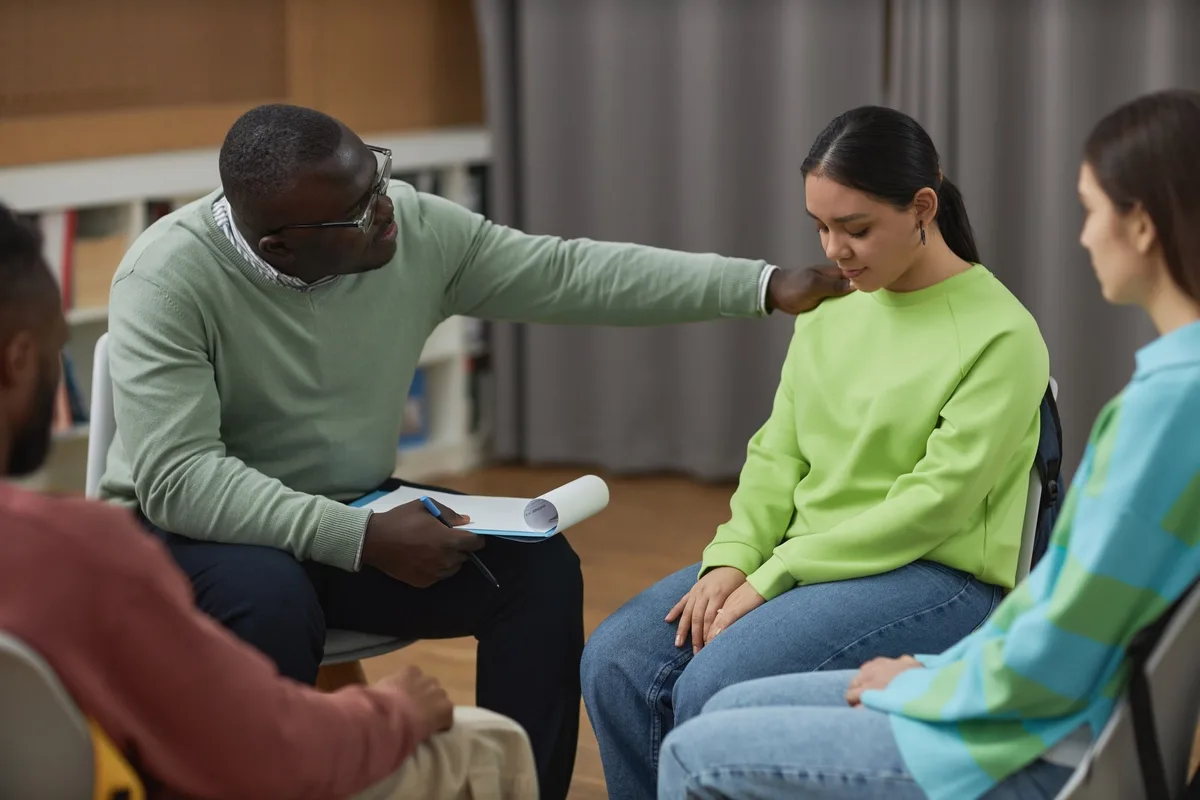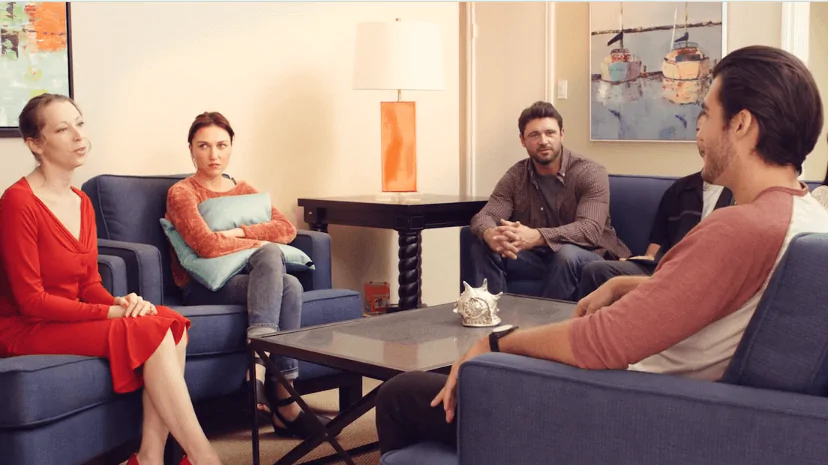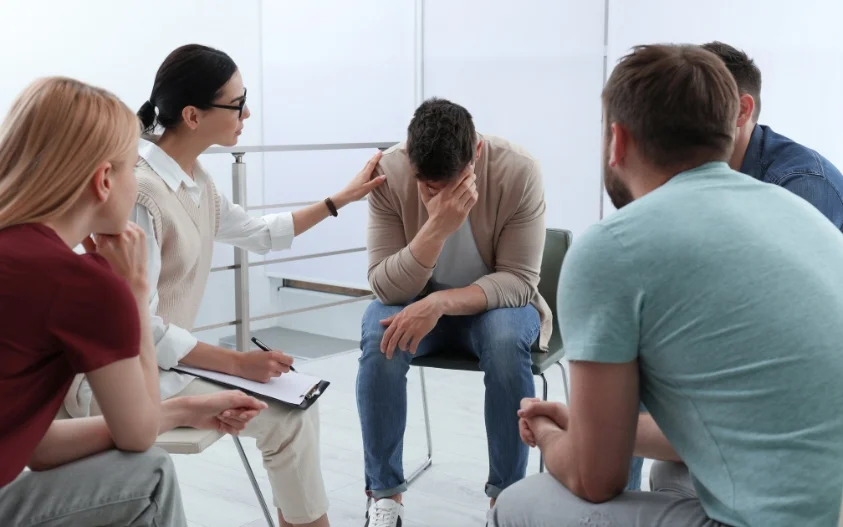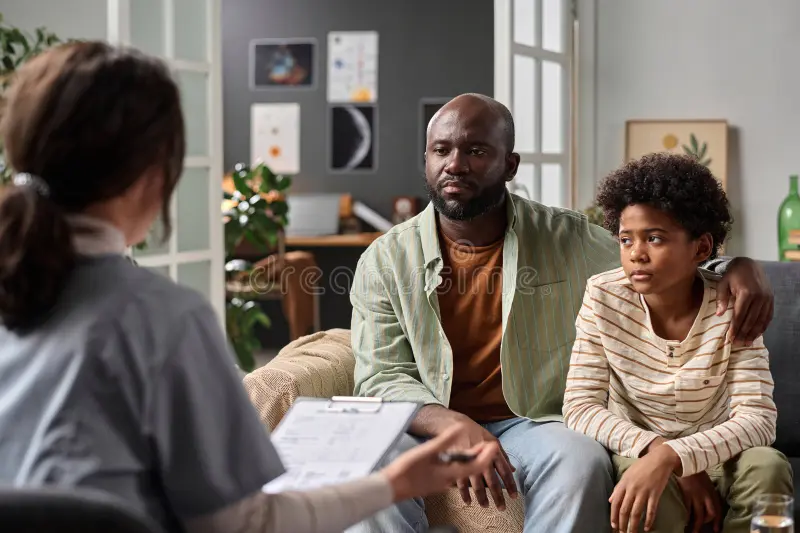24/7 Helpline:
(866) 899-111424/7 Helpline:
(866) 899-1114
Learn more about Outpatient Rehab centers in Blaine County
Outpatient Rehab in Other Counties

Other Insurance Options

Multiplan

Choice Care Network

Health Partners

Regence

Providence

MHNNet Behavioral Health

Coventry Health Care

Sutter

Holman Group

Magellan

Magellan Health

GEHA

CareSource

Carleon

Self-pay options

Kaiser Permanente

Group Health Incorporated

MVP Healthcare

Anthem

Premera

Red Rock Behavioral Health Services
Red Rock Behavioral Health Services is a private rehab located in Watonga, Oklahoma. Red Rock Behavi...






















































YouthCare of Oklahoma
YouthCare of Oklahoma is an outpatient clinic that provides mental health and substance use treatmen...




















